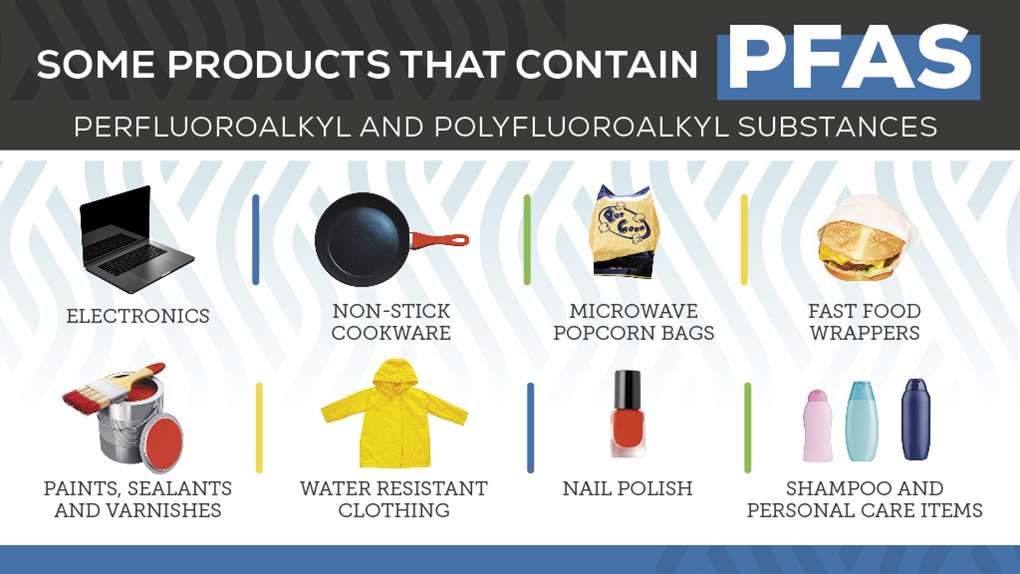
More than 100 scientists sent a letter to the World Health Organization today urging a complete overhaul or withdrawal of the organization’s draft drinking water guidelines for the two most well-studied per- and polyfluoroalkyl substances (PFAS). The letter details how WHO’s draft eschews calculating health-based standards, disregarding robust evidence for the harms of PFOS and PFOA. The letter also notes the lack of transparency about the draft’s authorship.
“WHO’s draft guidelines toss established science out the window in favor of a random technology-based approach,” said Arlene Blum, a signatory and executive director of the Green Science Policy Institute. “As a result, the guidelines fall far short of what is necessary to protect our drinking water and health from PFAS.”
The scientists illustrate how the draft’s survey of scientific studies omits or obscures evidence of the links between PFOS and PFOA exposure and cancer, liver damage, increased cholesterol, and immune system harms, among others. For these outcomes, there are numerous strong human studies finding links with very low levels of exposure to these two and to other PFAS. These links are further supported by numerous animal and mechanistic studies.
Because WHO’s draft ignores the large body of human and animal health studies to focus on remediation technology capabilities and costs, its proposed guidelines are a significant departure from the science-based guidelines derived by other major health agencies. For example, the U.S. EPA, California EPA, and the U.S. EPA Science Advisory Board’s PFAS Review Panel all agree that evidence from animal and human studies (including within the general population) supports development of a drinking water guideline for PFOA based on cancer risk.
The scientists also note that WHO did not disclose the names, affiliations, and potential conflicts-of-interest of those involved in the preparation or peer-review of the draft guidelines.
“It’s concerning that we don’t know who wrote the WHO draft,” said Linda Birnbaum, a signatory and scientist emeritus and former director of the National Institute of Environmental Health Sciences and the National Toxicology Program. “As an authoritative body, WHO should show a high degree of transparency and objectivity. They should therefore identify the names, affiliations, and potential conflict-of-interest of authors and reviewers of this draft and any future WHO documents.”
